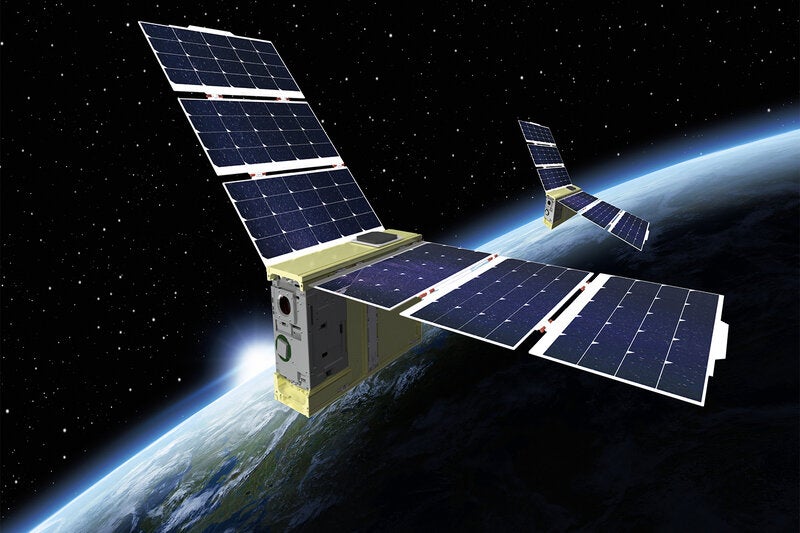
Leidos subsidiary Dynetics has concluded testing the US Army Space and Missile Defense Command’s (USASMDC) Lonestar tactical space support payloads.
In 2018, USASMDC Technical Center programme Lonestar selected the company for the development of small satellites.
The contract awarded through the Design, Development, Demonstration and Integration (D3I), Domain 1 task order was for two years.
It also included an option year valued at $8.3m to develop, test, integrate and demonstrate two tactical space support vehicles (TSSV).
Under the contract, Dynetics is required to perform hardware-in-the-loop (HWIL) testing and simulation to optimise the performance and viability of TSSV.
The tests were conducted at the command’s Payload Development Laboratory (PDL) facility at Redstone Arsenal in Huntsville, Alabama.
Using the company’s signal processing applications for defence, intelligence and spaceflight hardware development, payload design of the vehicle was concluded in four months.
Completion, integration and verification of the payload hardware and flight software finished within 18 months.
Work under the contract was performed at Dynetics’ small satellite development labs.
Simultaneously, the Lonestar team developed software to perform tests.
Dynetics space systems department manager and Lonestar programme manager Mike Graves said: “With our strengths in critical payload technologies, space hardware and software development, secure labs and manufacturing capabilities, Dynetics is taking on the challenge to meet emerging national space defence goals.”
In May this year, Dynetics secured a contract to build and enhance the power of US Army laser capability.



